State and Local Tax relief laws for COVID-19
The novel coronavirus (COVID-19) is spreading rapidly with a huge toll on the lives of common people and the global economy as well. In the US, the number of people being affected by the COVID-19 is on an increase and has reached around 4 lakhs now. The number of people who have died due to COVID-19 in the US is approximately around 11,000. Similarly, many people have even lost their livelihoods due to the closing or the downfall of several businesses.
However, Tax relief laws the Federal Government has been extremely considerate towards the sufferings of the common people and has taken several initiatives for providing some relief to them. The income tax payment and return filing deadline for the taxes due on 15th April 2020 has been postponed to 15th July 2020 by the IRS. Also, several new laws have been implemented by the Federal Government for the support of individuals, small and medium scale businesses even. The Coronavirus Aid, Relief and Economic Security Act (CARES), Families First Coronavirus Response Act, Stimulus Package, etc. are some of the major initiatives taken by the Government for providing support and assistance to people.



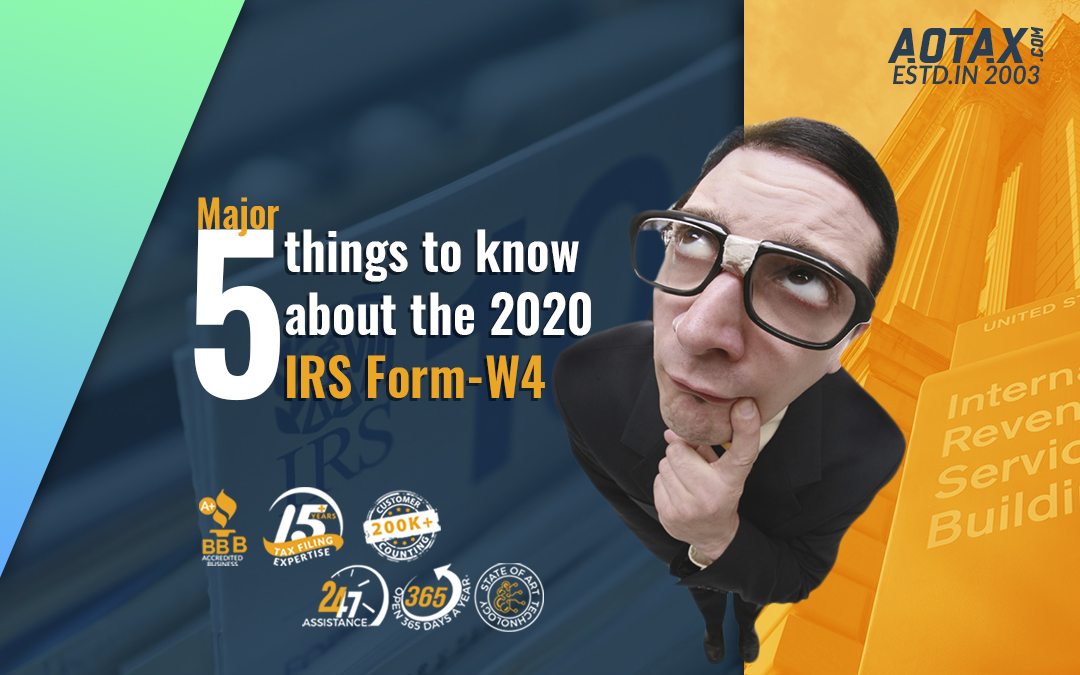
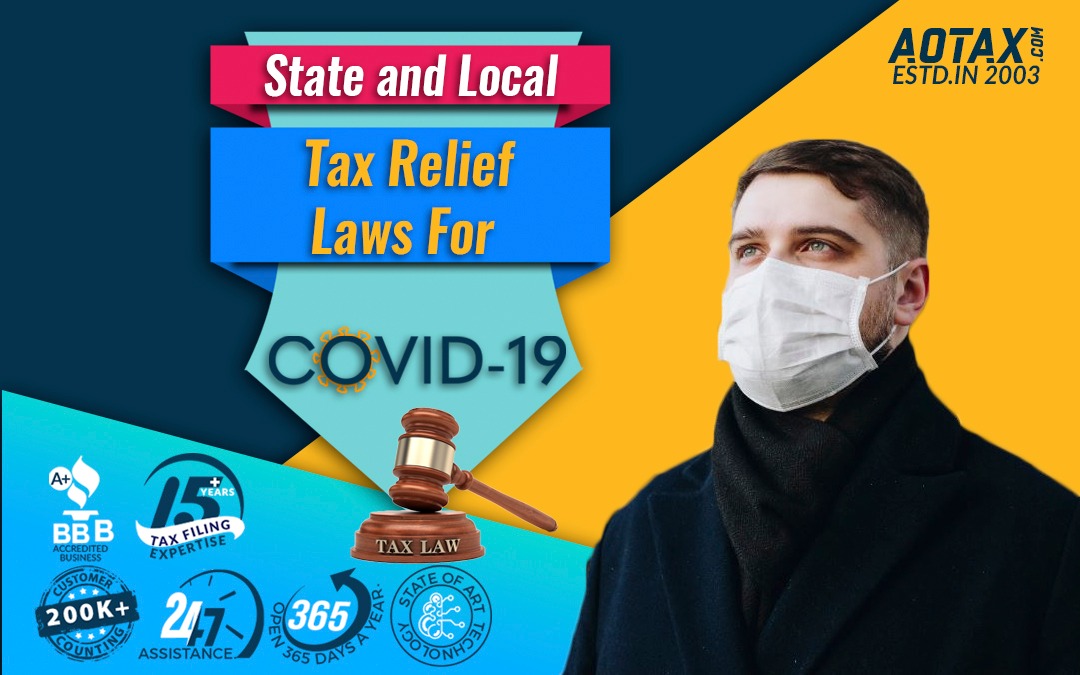
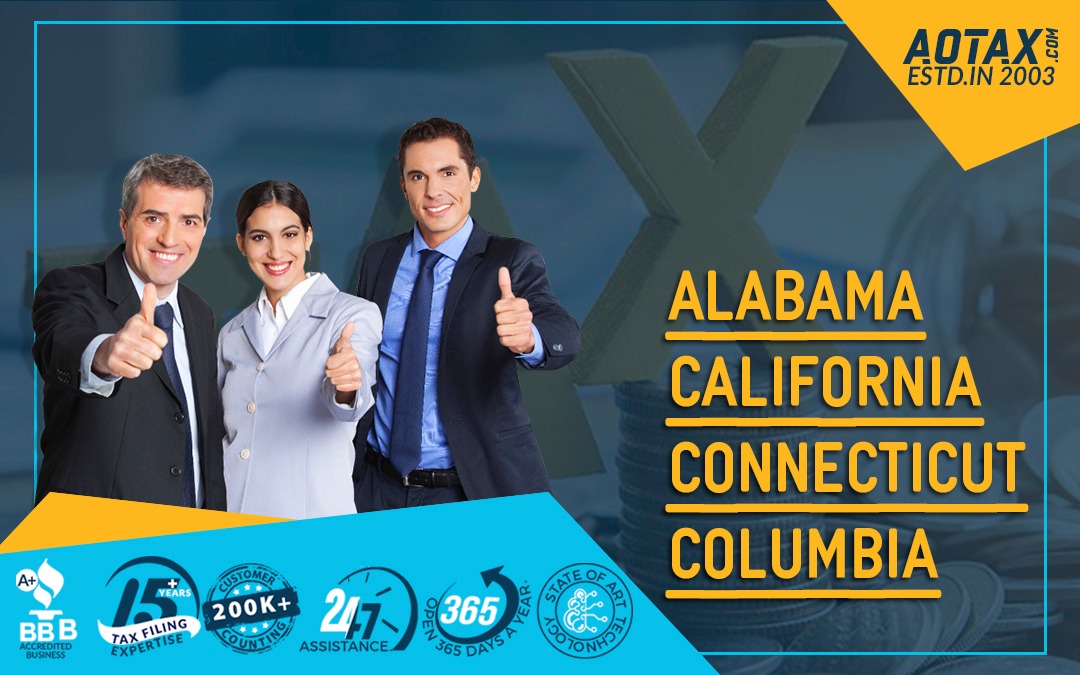
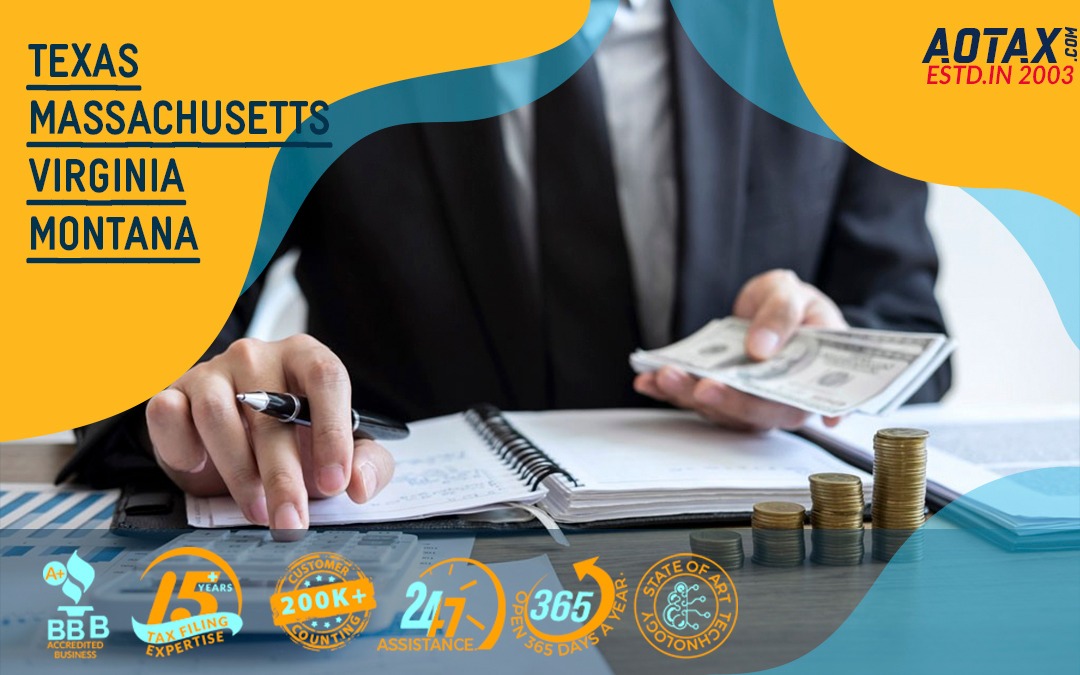


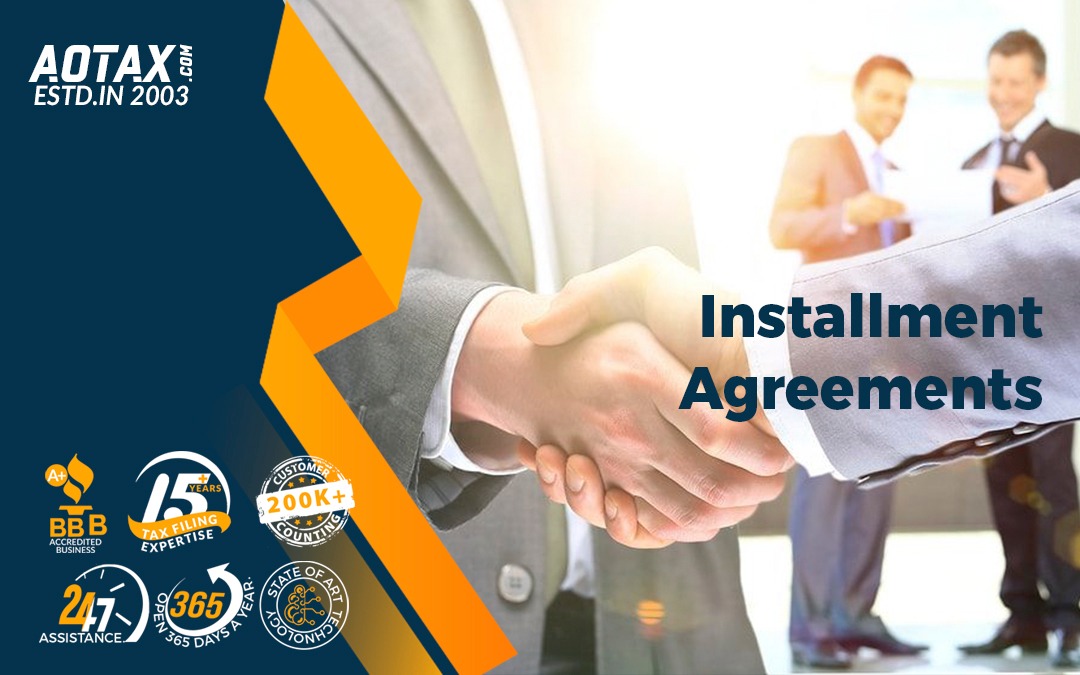

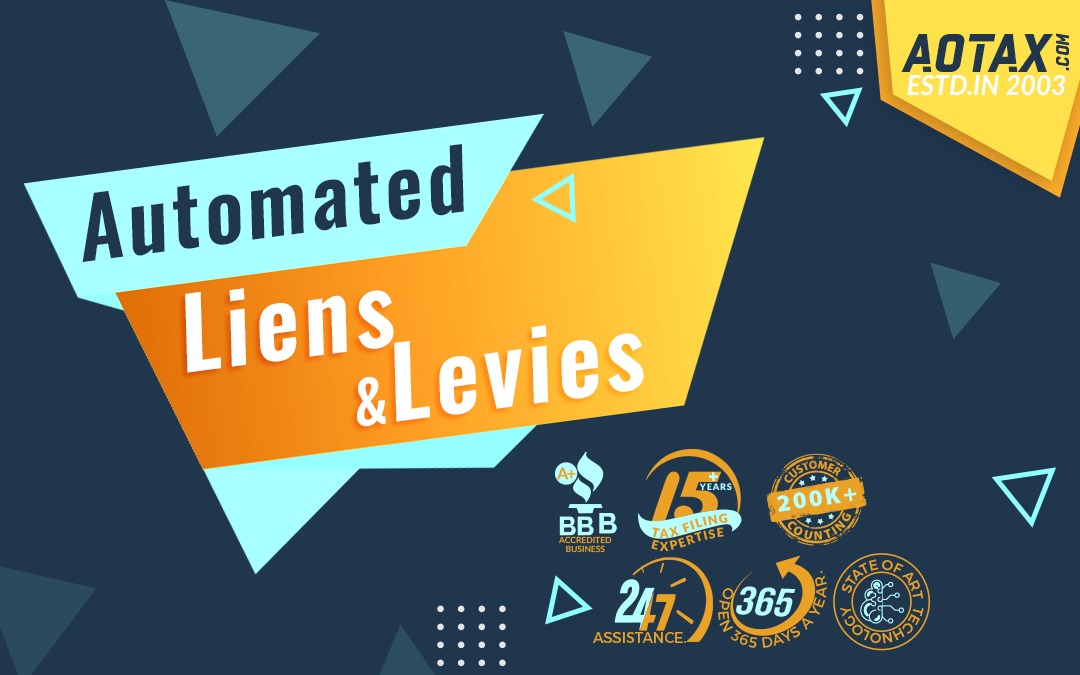
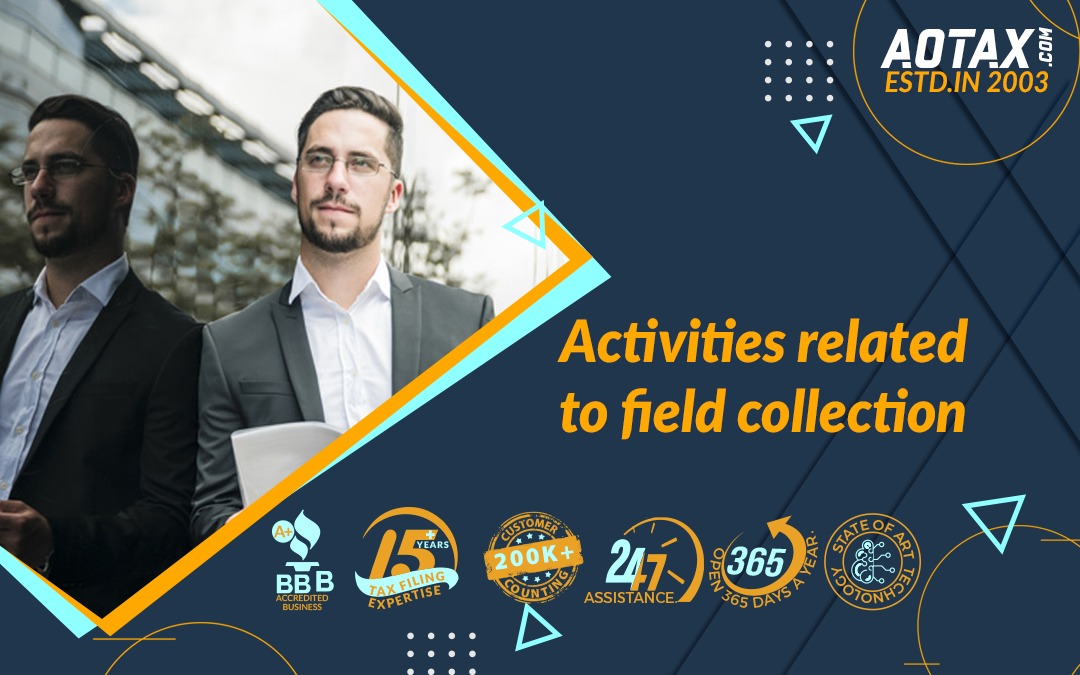
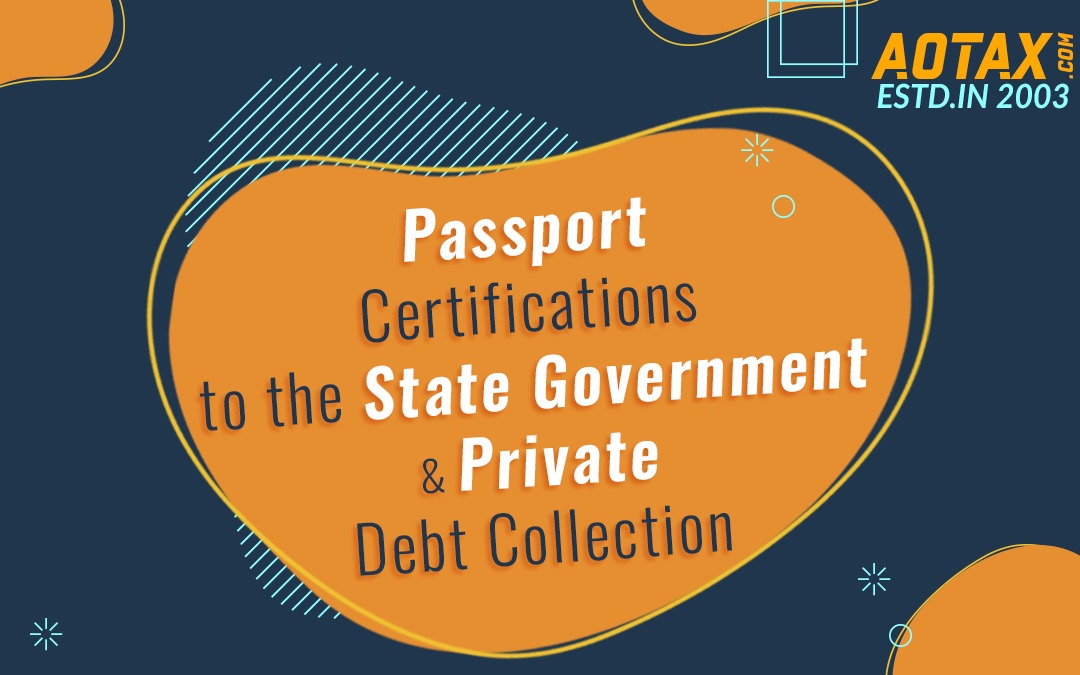


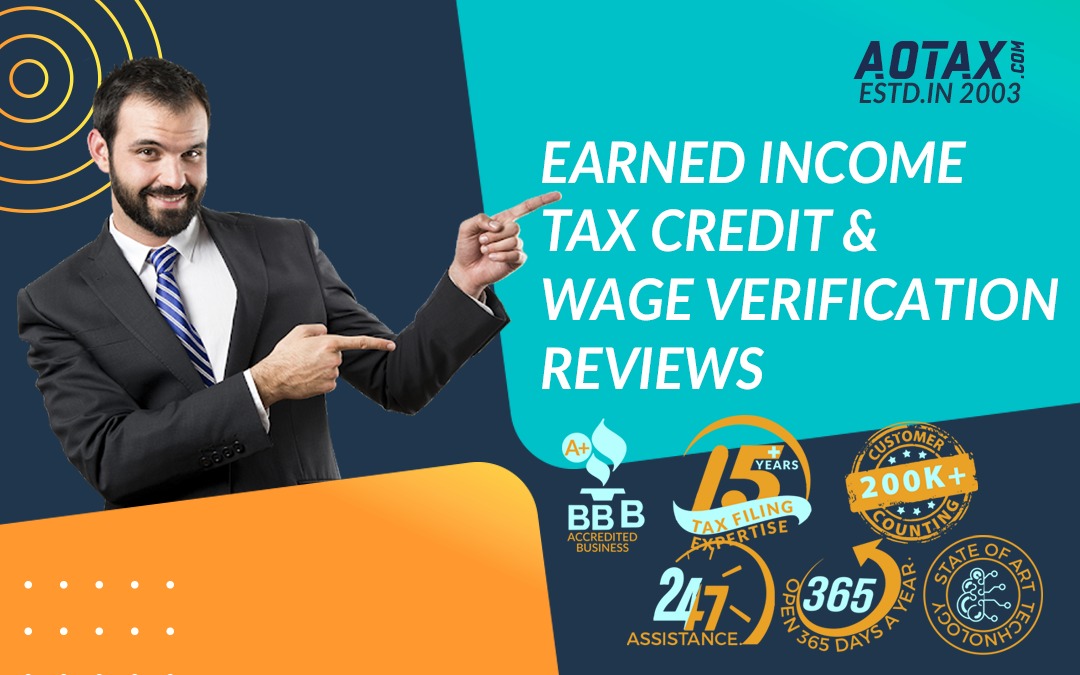

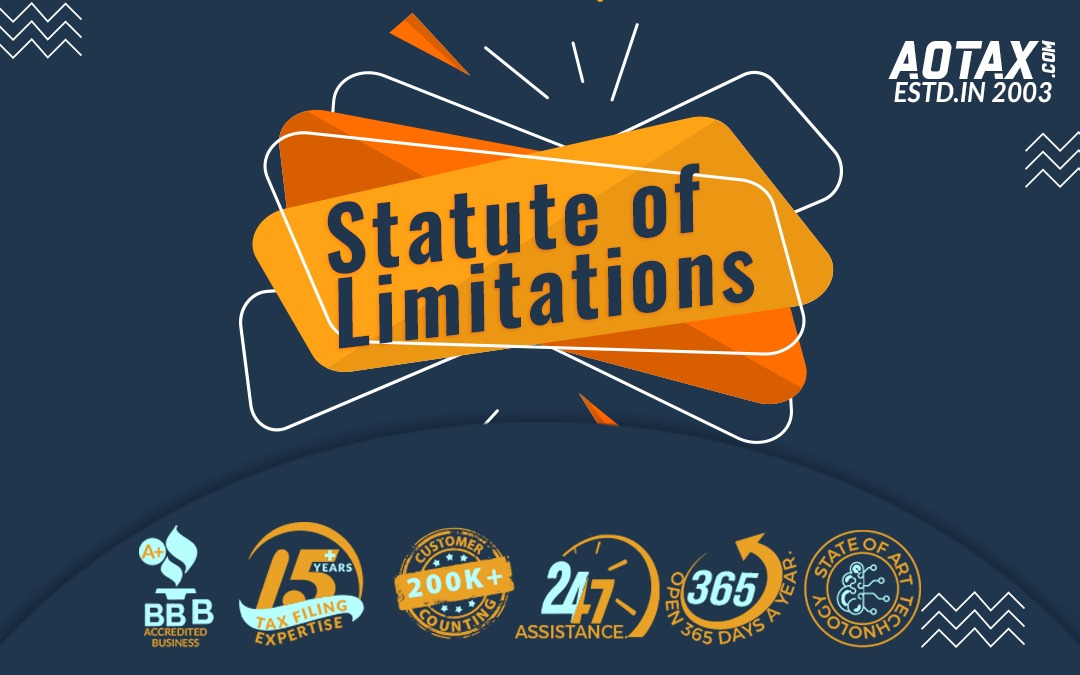

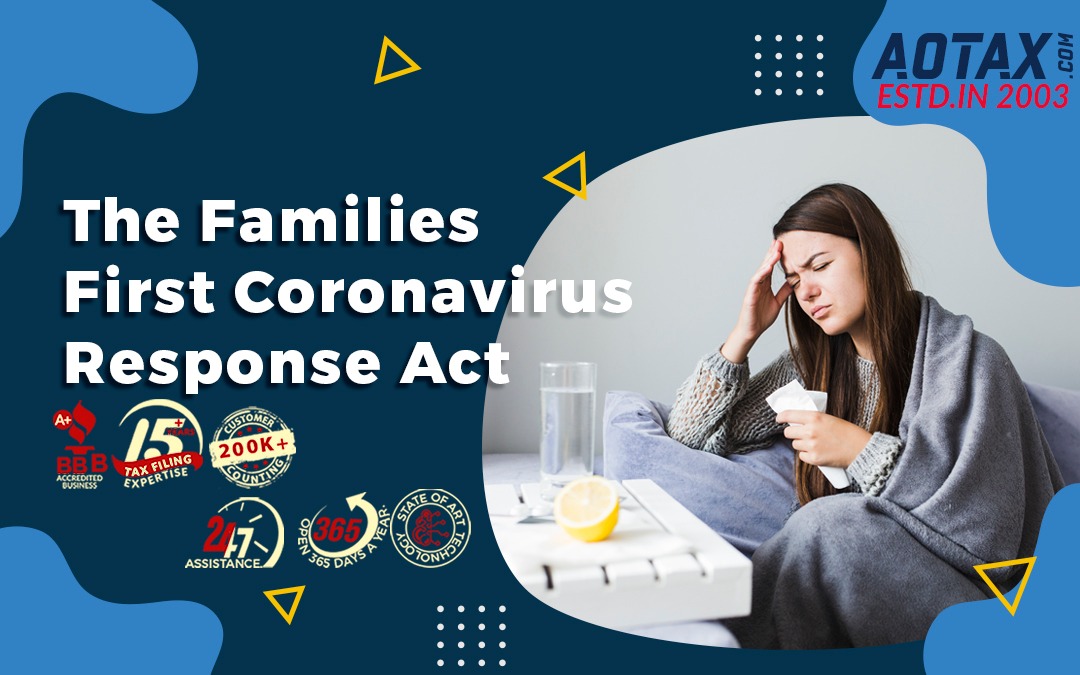
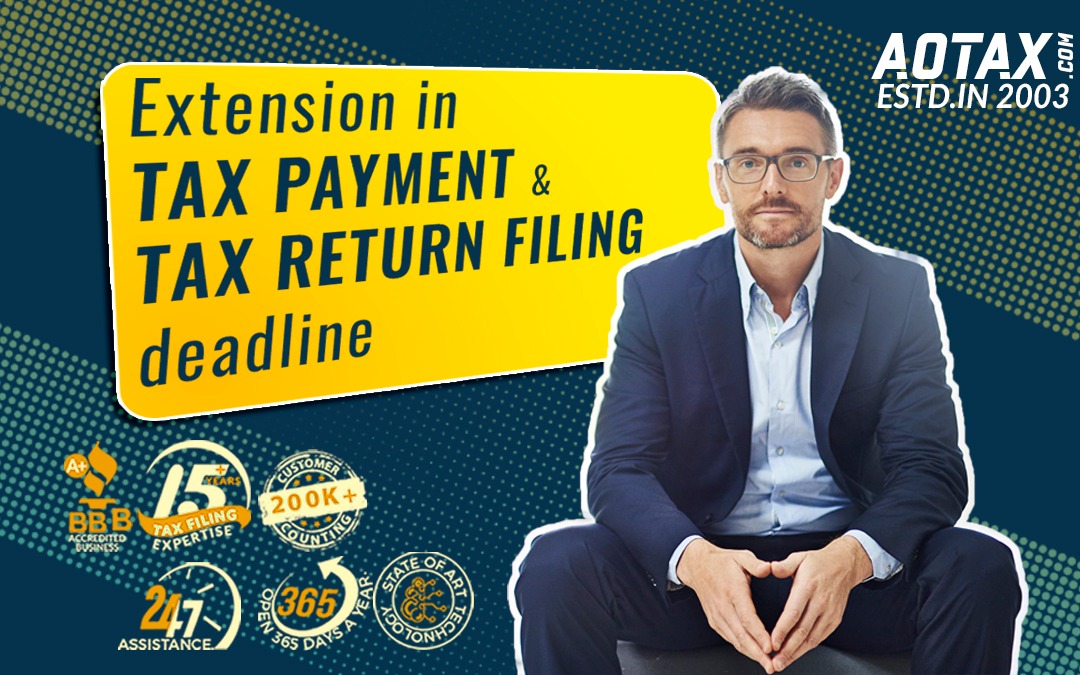
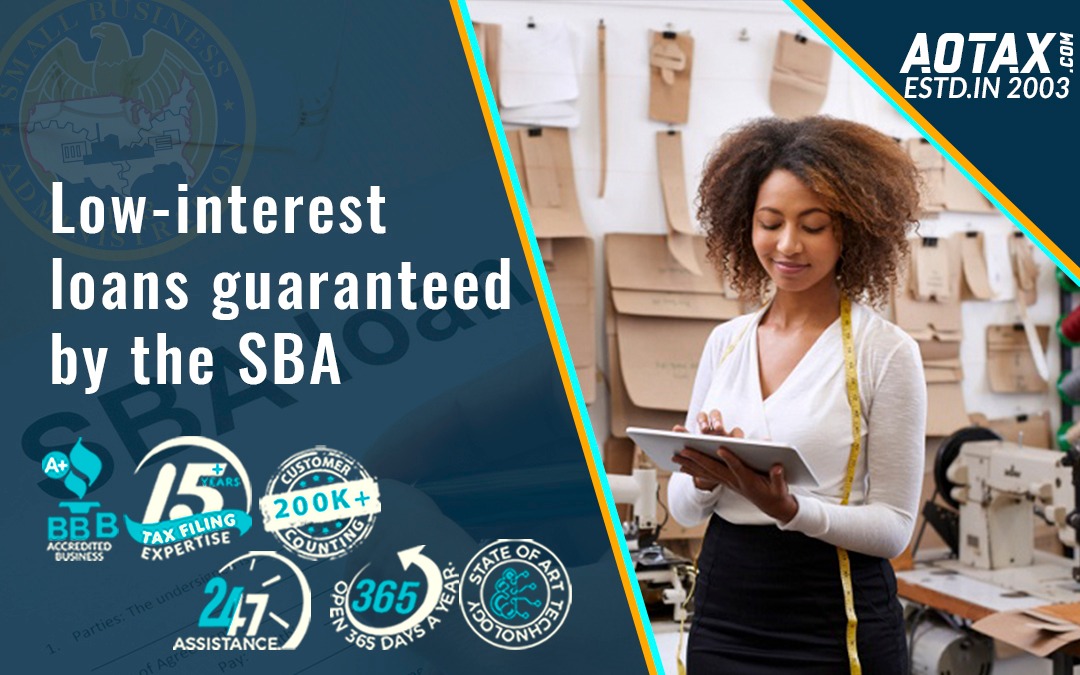
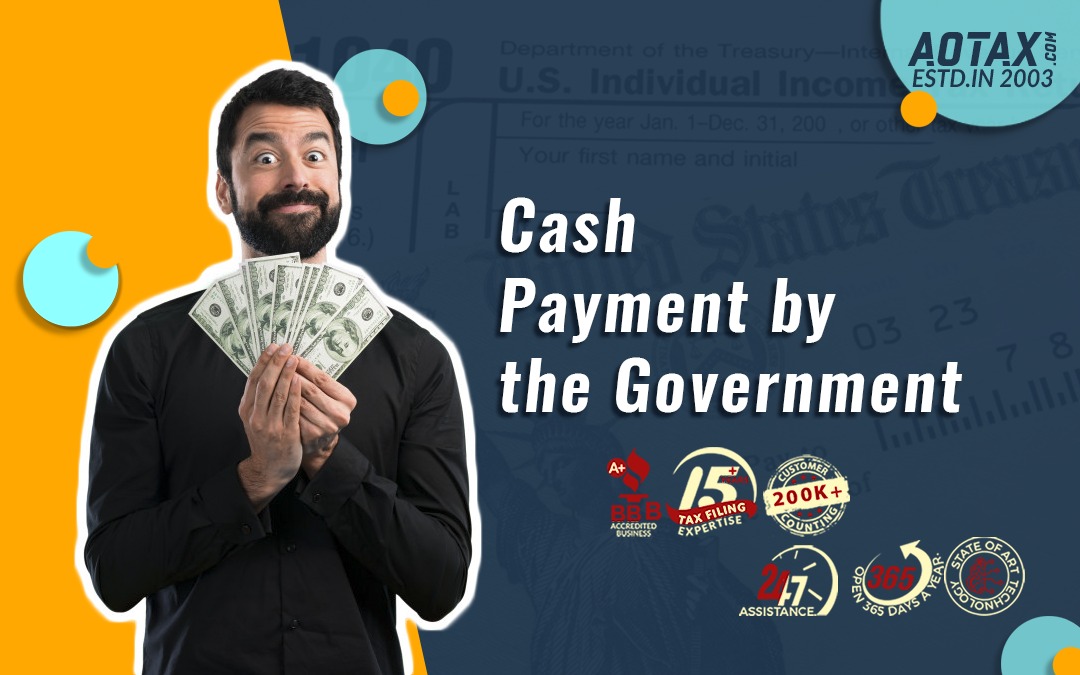

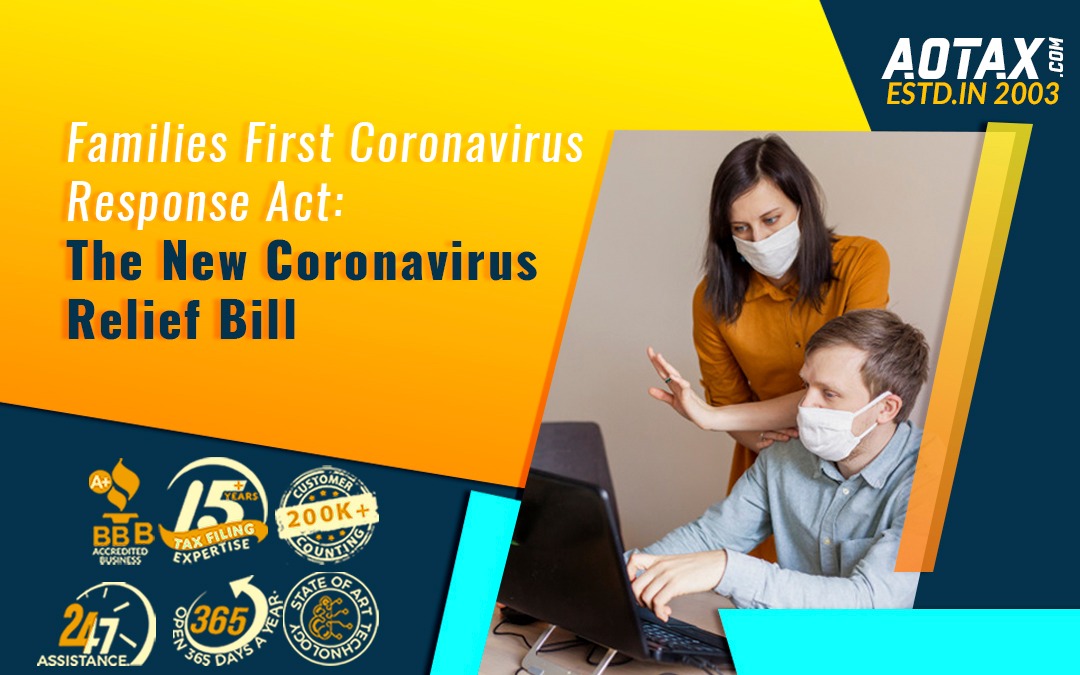
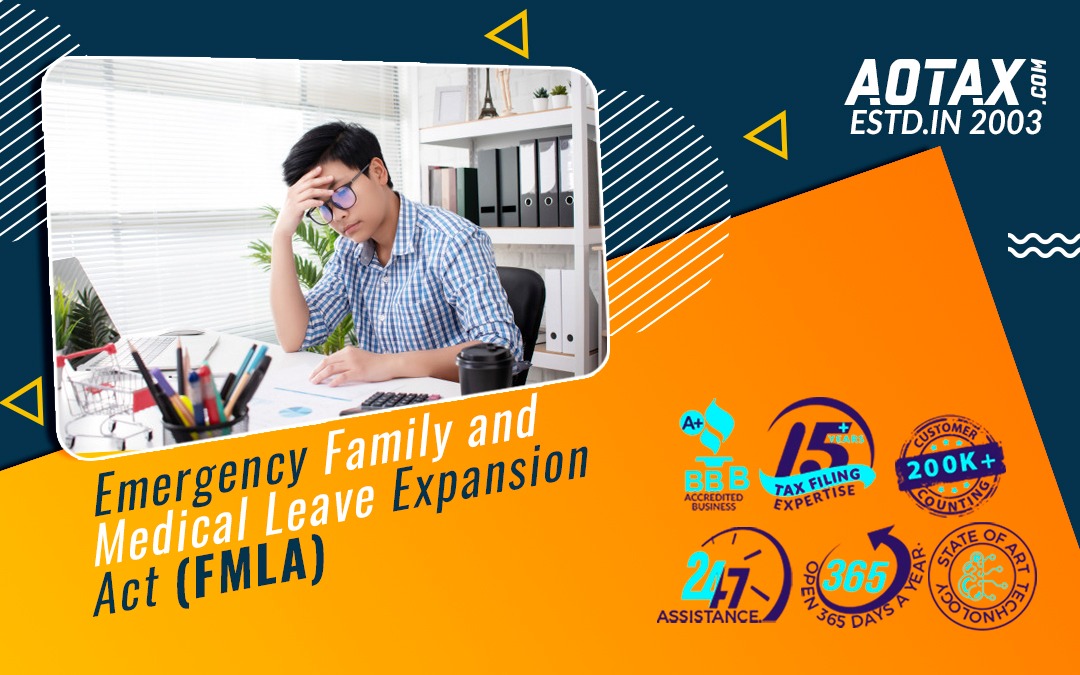

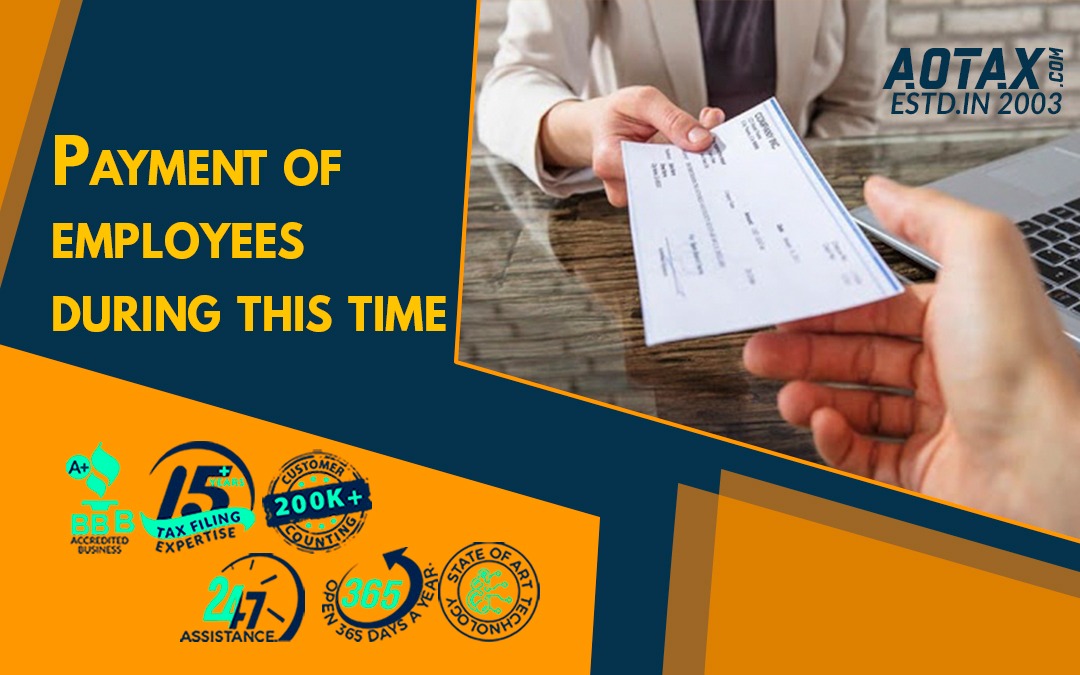
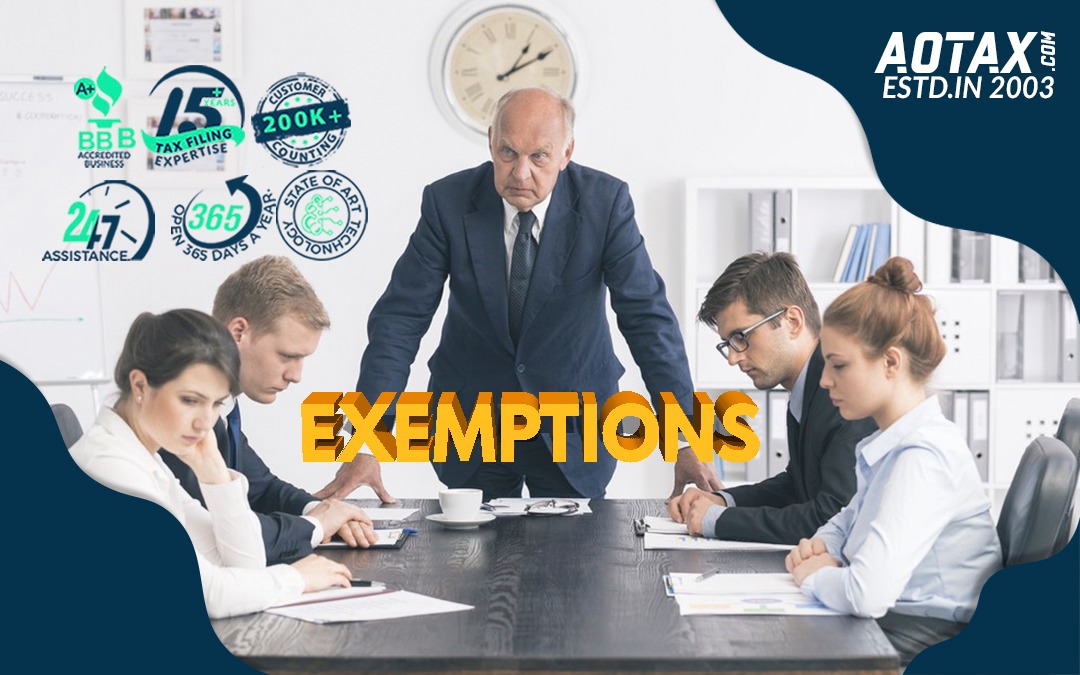
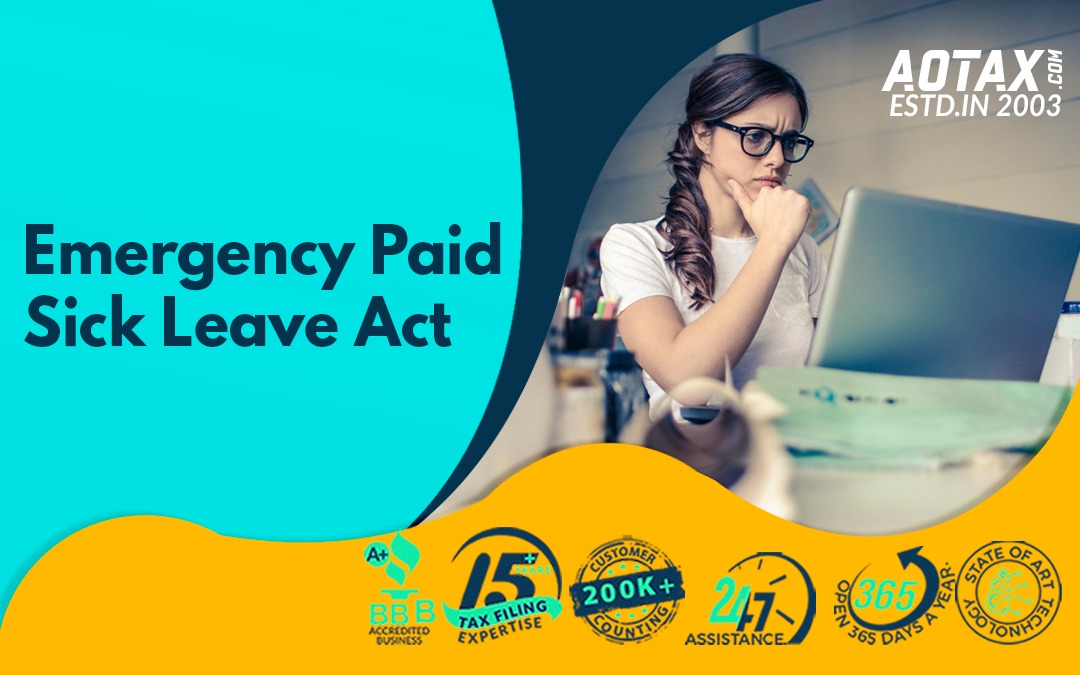
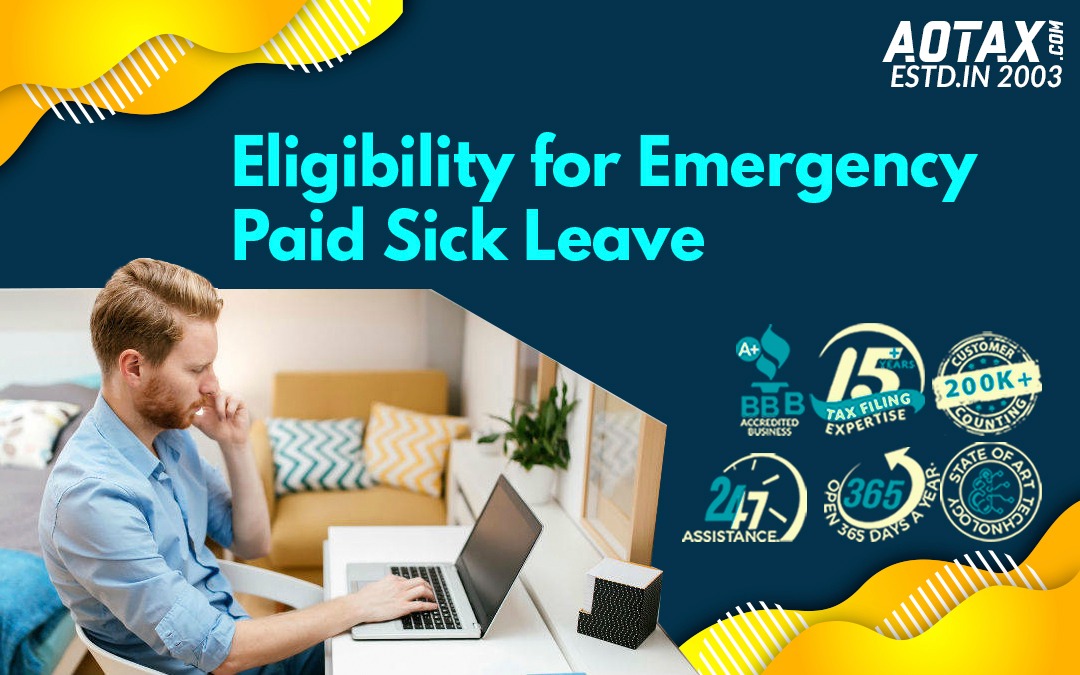
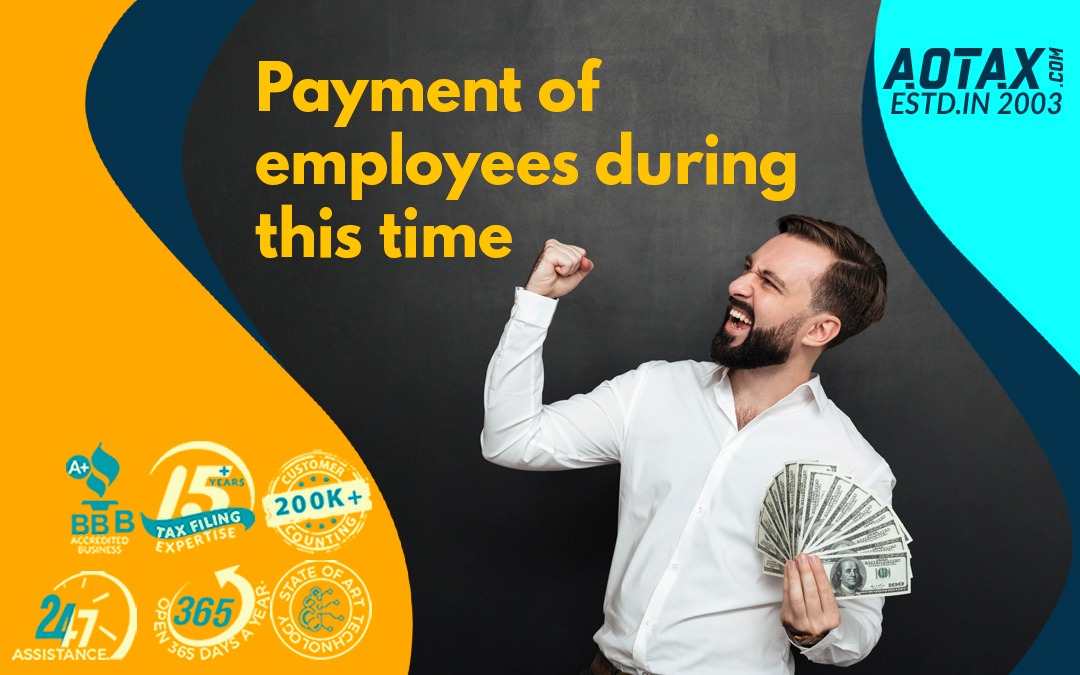



Recent Comments